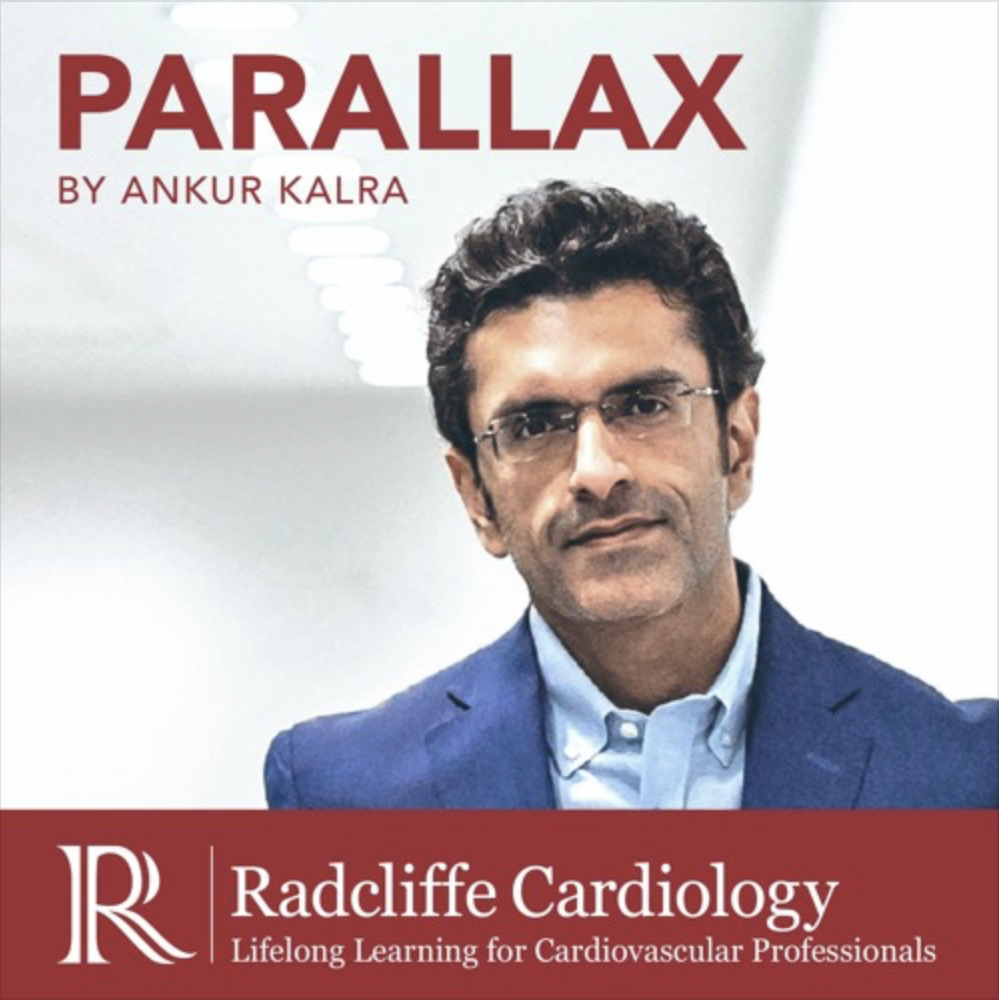
Heart surgery is not the best option for every patient suffering from structural heart disease. This was recognized by interventional cardiologist Anmar Kanaa’N and cardiac surgeon Joseph Lahorra who decided to unify their skillsets and bring the Structural Heart Program to life. Their vision was to offer patients with heart valve diseases all available options at Cleveland Clinic’s Akron General.
In this week’s Parallax, Dr Kanaa’N, the director of the program, and Dr Lahorra, chairman of the Heart, Vascular & Thoracic Department of Akron General introduce the listeners to the foundations of their program and the paradigm shift brought by TAVR.
Tune in to hear host Ankur Kalra ask Dr Kanaa’N and Dr Lahorra to share the practicalities of setting up the state-of-the-art program.
Questions and comments can be sent to “podcast@radciffe-group.com” and may be answered by Ankur in the next episode. Guests Anmar Kanaa’N and Joseph Lahorra, hosted by @AnkurKalraMD. Produced by @RadcliffeCARDIO.

Brigham and Women’s Hospital’s Health Equity Committee decided to confront the status quo by asking: How is racism on a structural level present within our walls?
Ankur Kalra’s guests Michelle Morse (Founding Co-Director of EqualHealth and Assistant Professor at Harvard Medical School) and Lauren Eberly (Cardiology Fellow at the University of Pennsylvania) are co-authors of a retrospective study that demonstrated what had previously only been observed: That black or brown heart failure patients ended up in general medicine rather than specialised cardiology services. Following the publication of the study in November 2019, the Health Equity Committee started to roll out anti-racism trainings and to work on objective admission guidelines to mitigate biased behaviours.
Aarti Bhatt (Assistant Professor of Medicine at the University of Minnesota), member of the Minnesota chapter of Campaign Against Racism, talks about their initiative to support projects that have a positive impact on local communities on a global scale.

What drives Dr Nishtha Sodhi? What were the formative moments of Dr Sodhi’s career? What are the new frontiers of cardiology?
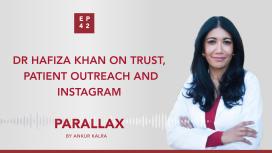

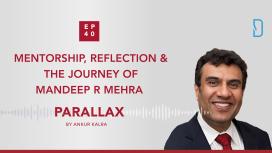
In this week’s episode Ankur’s guest is Dr Mandeep R Mehra, Medical Director of Brigham Heart and Vascular Center and Professor of Medicine at Harvard Medical School.

Which COVID19 patients require risk stratification with a stress test? What are the take-home messages for physicians taking care of patients diagnosed with COVID19? What were the key trials of 2020? What can we learn from the negative results of the STRENGHT study? How have studies like STOP-AF influenced clinical practice?
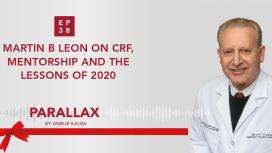
What makes Dr Martin B Leon tick? What is his message to cardiologists and/or researchers at the beginning of their careers? How did the pandemic and his work as a clinician in New York change his perspective?
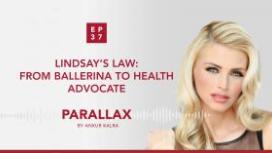
In this episode Ankur asks Lindsay about her treatment path. Lindsay recalls her own journey to taking control of her condition and the important role of information in patient adherence. Lindsay, former Miss Ohio, talks how she used the pageant to create awareness. Lindsay talks about work in state legislation and her plans for 2021.

US Cardiology Review journal, has recently seen a 7-fold increase in female editorial board members in response to journal-based strategic initiatives and the stellar work of USC editorial board leadership, Ankur Kalra (Editor in Chief) and Bill Gogas (Deputy Editor in Chief), who were keen to drive this change. With thanks to Dr Anastasia Mihailidou’s tenure as a new board member and her suggested nominees, ten new female board members have recently joined US Cardiology Review’s editorial board.

In this episode, Mike opens up about his childhood in Stilwell, Oklahoma. Ankur and Mike discuss how the inductive quality of art can complement the deductive principles of science. Mike recalls earlier stages of his career and warns about the blinding effect of the ego-driven, competitive culture of cardiology. Ankur asks Mike about fatherhood and about his role as an educator.
What does it mean to be fearless as a medical professional? How can you protect yourself from the emotional toll of the profession? What is Mike’s advice to early career cardiologists?
Sponsored by Edwards.

During her interventional cardiology fellowship, Dr Baron became fascinated by the implementation of novel technologies. She earned her degree in Clinical Epidemiology and spent a year working at the FDA’s Device Evaluation unit.
In 2019 Dr Baron presented the results of her late-breaking trial, COAPT. Ankur invites Suzanne to discuss the economic analysis of the study and to give a short introduction to cost-effectiveness analysis. Suzanne provides an overview of the trial and they talk about the importance of understanding the value and benefits of new devices from both the patient and the health-economic point of viewpoint.










